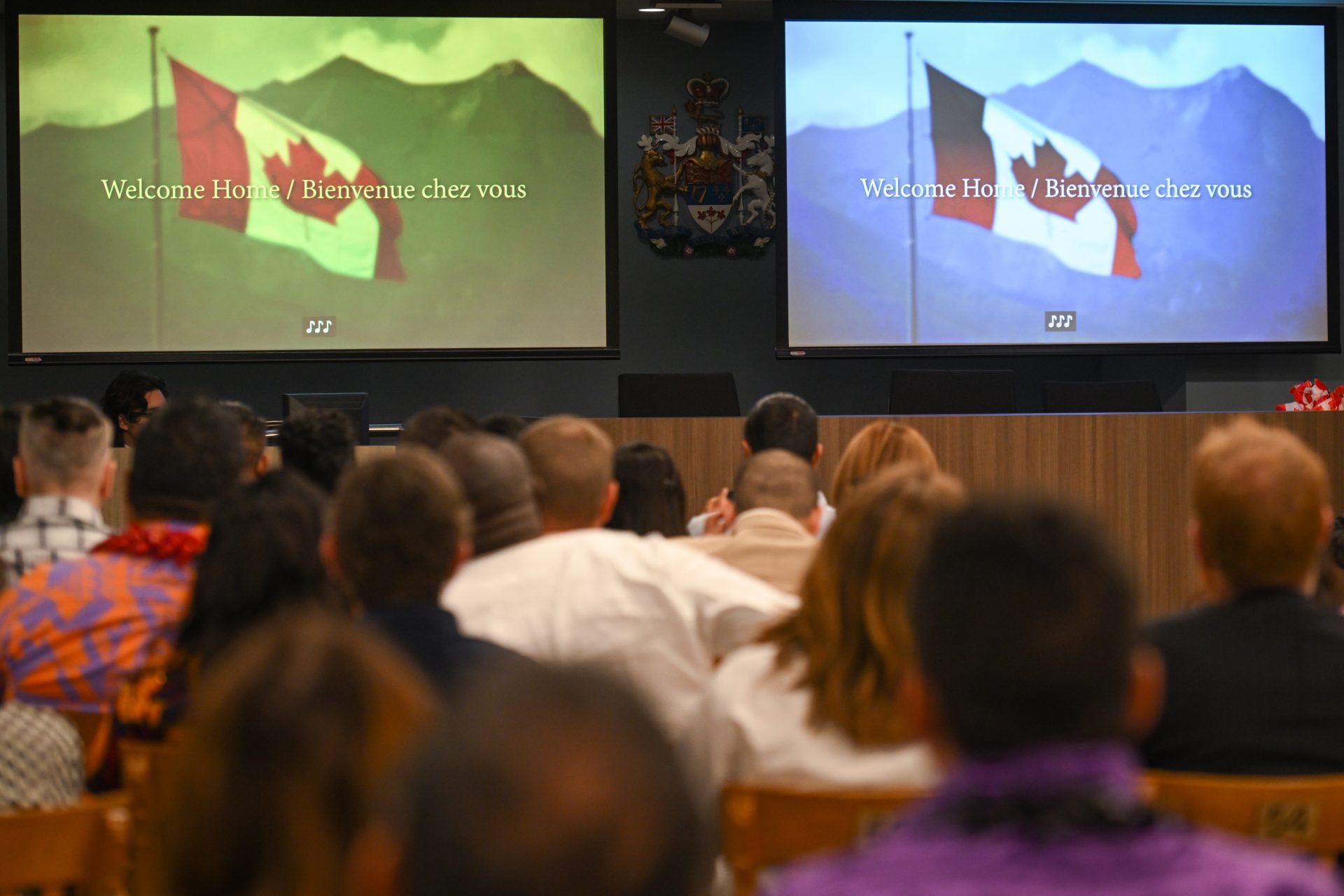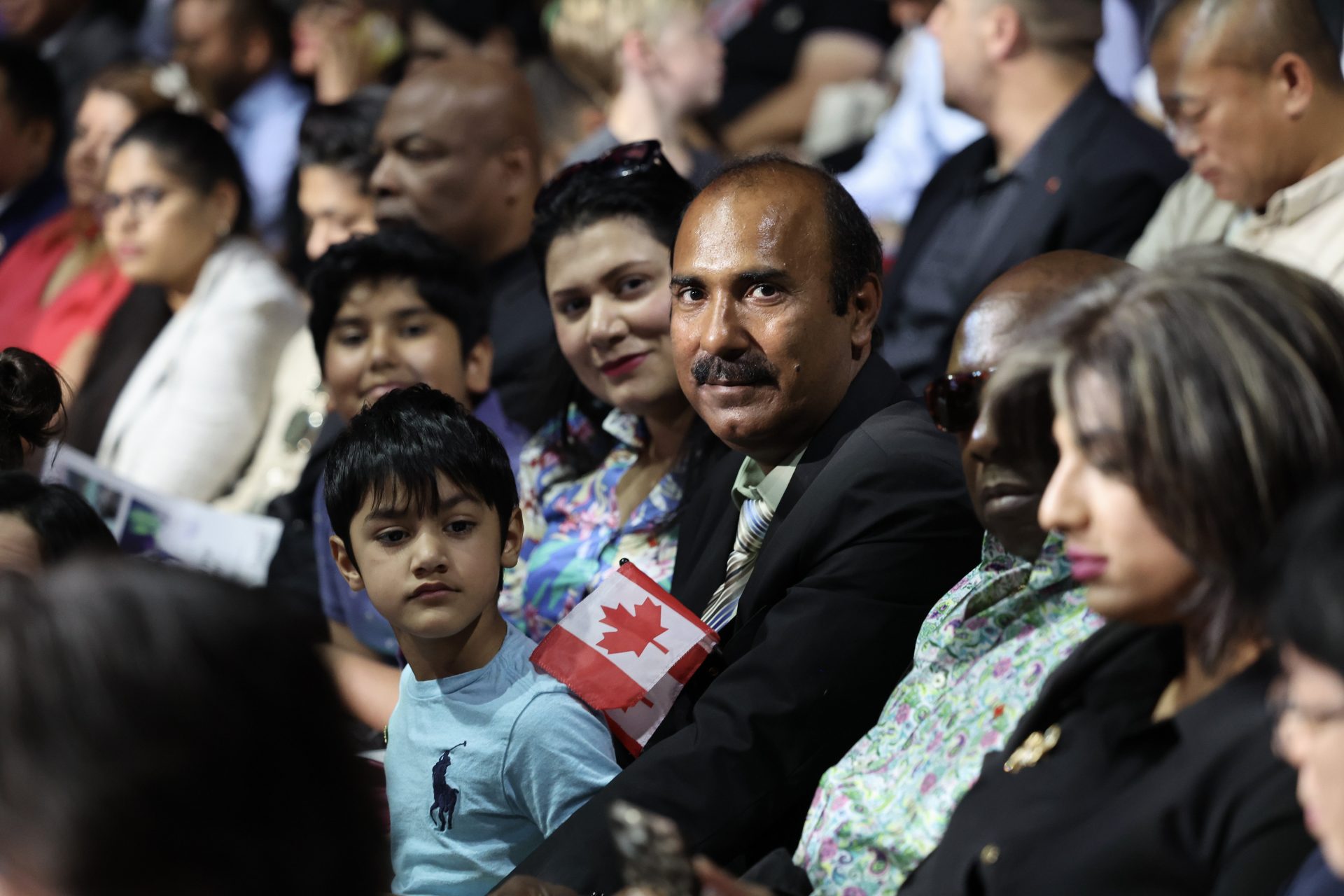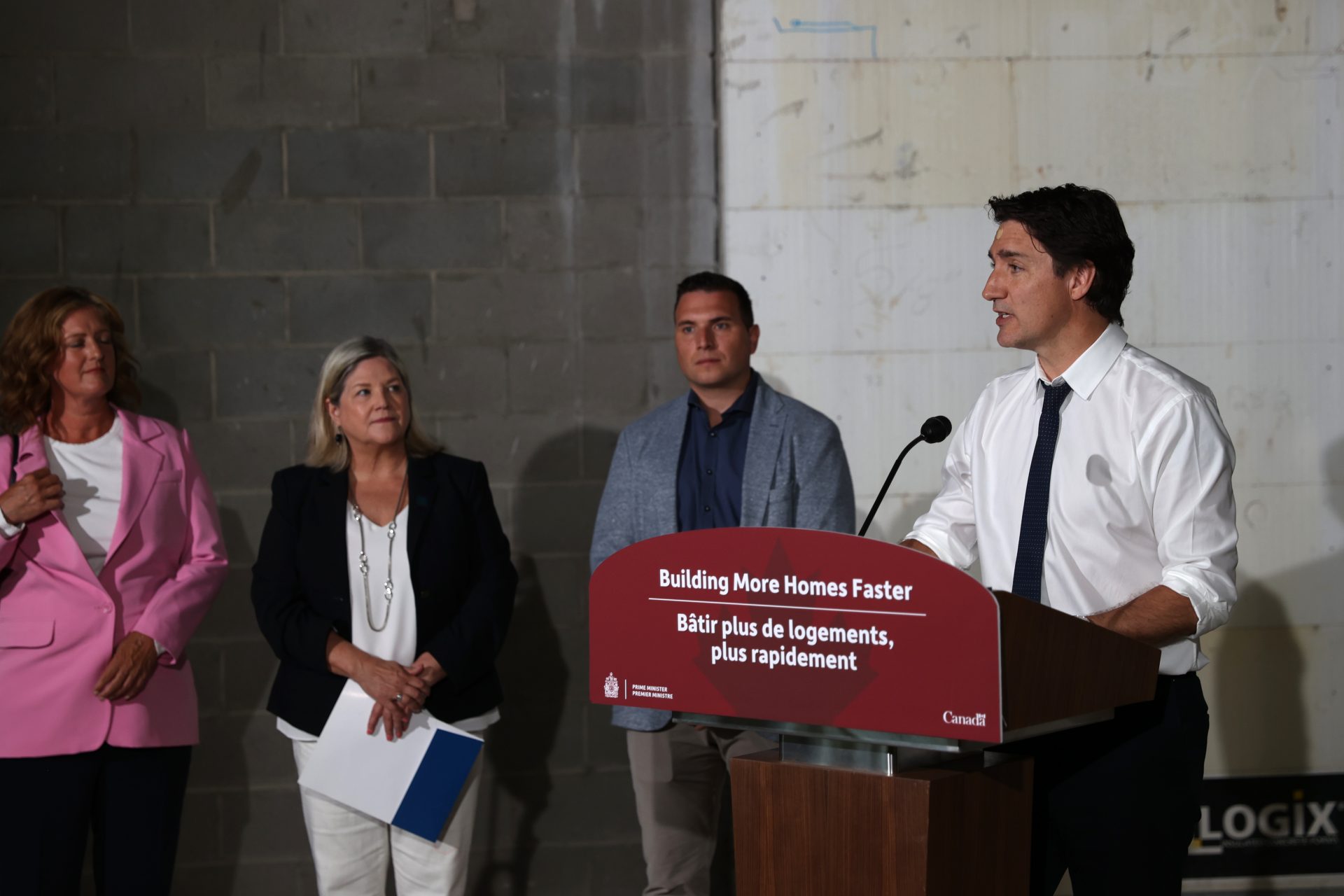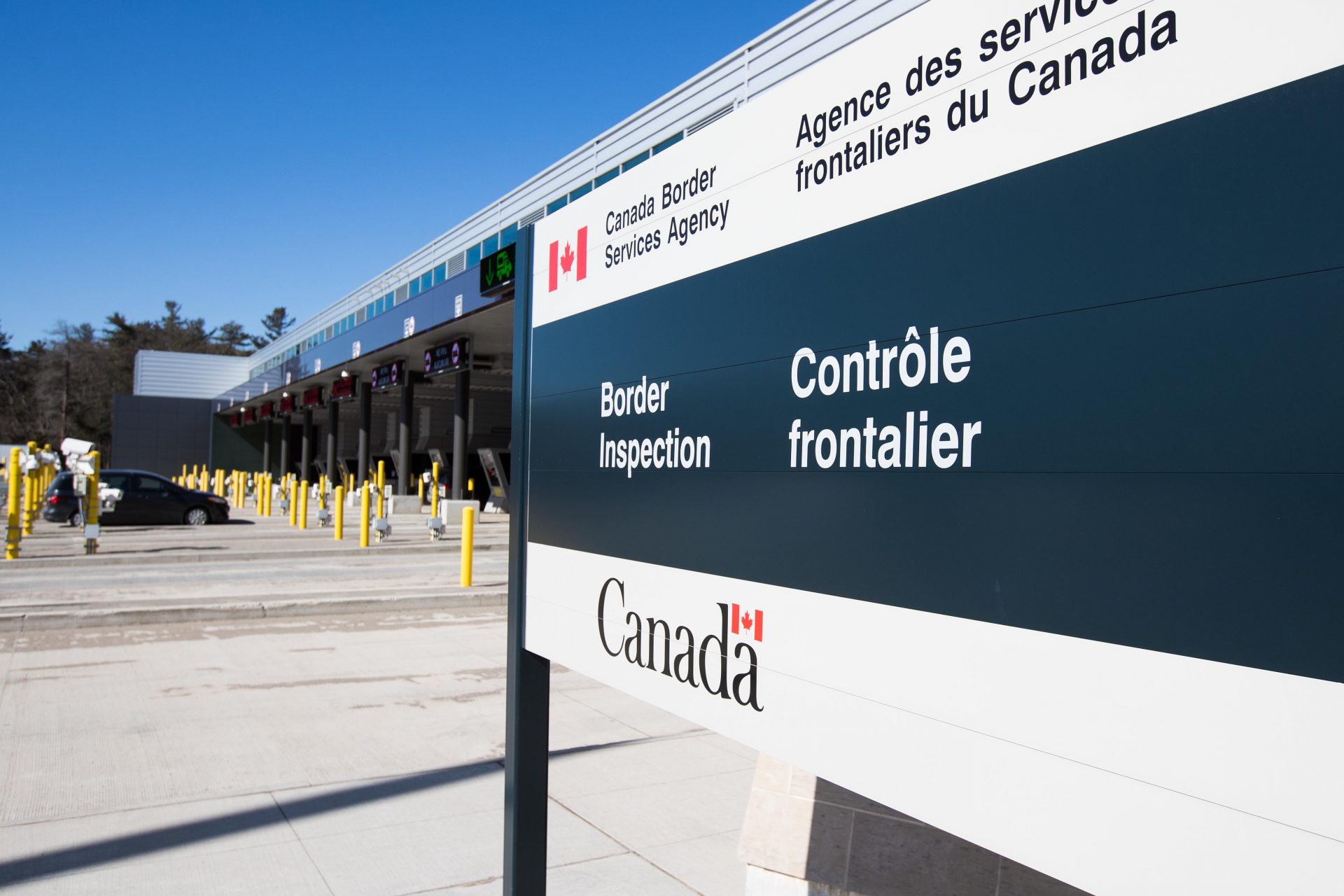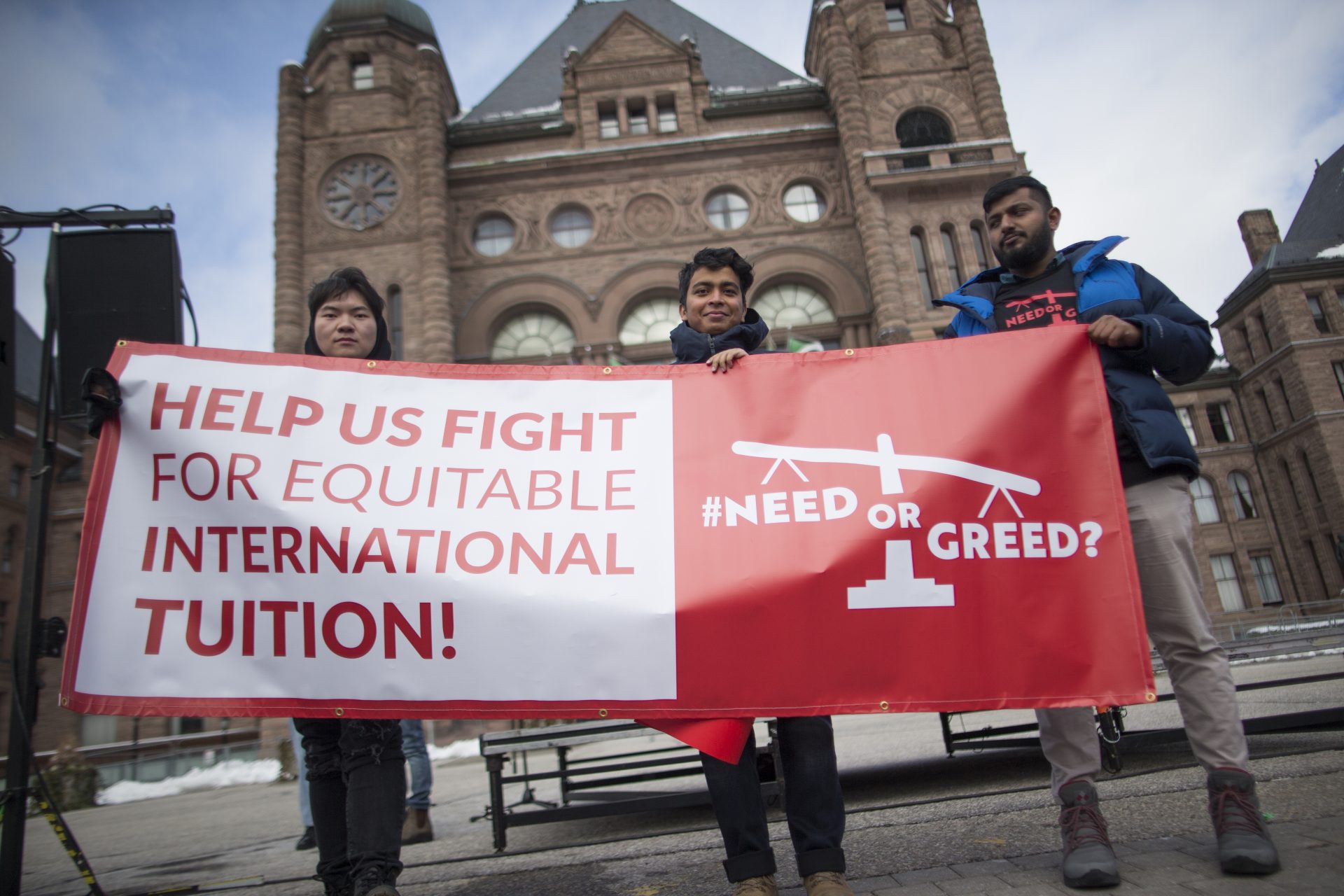New polling shows Canadians want lower immigration in 2025
Most Canadians believe the country should accept fewer immigrants in 2025, according to a new poll from Nanos Research. Just how many Canadians want lower immigration? Let’s take a look at what the public opinion firm discovered.
“Asked if Canada should accept more, about the same, or fewer immigrants, two in three Canadians (64%) say Canada should accept fewer immigrants in 2025 than the government’s current aim of 485,000 immigrants in 2024,” a Nanos report explained.
Only one in four Canadians or 26% of those surveyed thought Canada should accept the same amount of immigrants while just 5% thought the country should accept more immigrants in 2025.
The poll was commissioned by CTV News and conducted by phone and online random survey. Nanos noted 1,093 Canadians took part in the survey by phone or from August 30th to September 2nd. The survey’s results support other recent data on the topic.
On September 4th, Angus Ried revealed Canadians think the immigration and refugee problem was one of the top issues facing the country with 21% of the 1,420 people polled between August 29th and September 3rd saying so.
“The proportion of Canadians that select Immigration / Refugees as a top issue has nearly quadrupled over the past two years,” a report from Angus Ried noted. Other recent polling has also revealed growing concerns among Canadians over immigration.
On August 30th, the National Post published the findings of a survey on immigration it contracted the market research company Leger to perform, and it discovered that a majority of Canadians believe the federal government's immigration plan is admitting too many newcomers to the country.
Leger found that 65% of the 1,602 Canadians surveyed between August 23rd and the 25th thought Liberal immigration targets were too high.
The Trudeau government has set out an immigration target aiming to add 500,000 newcomers to Canada’s population in 2025 and 2025 according to the National Post, an amount only 20% of those surveyed believed was the right number.
“What’s starting to happen now is that we’re starting to see Canadians, rightly or wrongly, are connecting a few issues to immigration,” Leger Executive Vice President Andrew Enns explained to the National Post.
Leger's polling found that 78% of those surveyed thought immigration levels to Canada were adding to the housing crisis in the country while 76% said immigration was having an impact on healthcare.
Nearly one-third of those surveyed (72%) said they thought Canada’s immigration policy was too generous and only 26% said they believed Ottawa was doing a good job vetting newcomers. These findings differed starkly from data released federal government in August.
In August 2024, the Department of Immigration, Refugees, and Canadian Citizenship revealed the results of a survey it contracted Ipsos to conduct to probe Canadians about all things immigration in the country, and it made several interesting discoveries.
When the 3,000 nationwide Canadians interviewed for the study were asked how they felt about the number of immigrants coming into the country, 48% responded that they thought it was “about the right number” while 12% said the figure was “too few.”
About one-third of respondents (35%), the number of immigrants coming into Canada was “too high.” These findings contrasted with a July poll from the market research group that found 60% of Canadians thought the country was admitting too many immigrants.
According to the Government of Canada, Ottawa plans to add 485,000 new permanent residents to the country in 2024, which will be followed by an additional 500,000 in 2025 and 500,000 in 2026—putting the total over those three years at just below 1.5 million.
While the number of immigrants being brought into the country by the government may seem rather high, the survey data from Ipsos revealed Canadians were broadly positive about the impact these newcomers were having on the nation and their communities.
“Just over half (55%) of Canadians feel that immigration has a positive effect on their city or town, compared to one in five (22%) who feel immigration has a more negative effect,” the 2023-2024 IRCC Annual Tracking Survey’s final report explained.
“At a provincial level, perceptions of immigration are similar where six in ten (58%) Canadians feel that immigration has a positive effect on their province, while one quarter (24%) feel it has a negative effect,” the report continued.
Overall, on a national level, the findings were consistent with roughly six in ten (63%) of Canadians surveyed thinking immigrants had a positive effect on the country compared to the roughly one quarter (23%) who thought the opposite.
“Canadians have positive impressions of Canada’s reputation as an open and welcoming society (74%) and two-thirds (65%) agree that accepting immigrants from many different cultures makes Canada’s culture stronger,” the report explained
On an economic level, 67% of Canadians thought immigration was necessary for the country to sustain its economic growth while 61% agreed that the nation's competitive edge was dependent on its ability to recruit immigrants to meet Canada’s labour needs.
“Six in ten (62%) also agree that immigration is necessary to help fill skill and labour shortages in their local economies” the report noted. However, there were also some very worrying findings made regarding how Canadians were feeling about immigration.
“Almost half (46%) of Canadians agree that immigration has placed too much pressure on public services in the country,” the report explained, noting that 50% of people agreed that immigration puts pressure on housing availability in their community.
“About one quarter (27%) of Canadians agree that immigration is causing Canada to change in ways that they don’t like," the report added.
It is important to note that the 2023-2024 IRCC Annual Tracking Survey polled individuals at various periods in November and December 2023 as well as February and March 2024, making the data from Leger and the National Post any where between five and eight months newer than the data collected by the federal government's survey.
The latest polling from Nanos suggest there has been a major swing in perceptions about immigration in the country since the 2023-2024 IRCC Annual Tracking Survey. Nanos' findings are more in line with those of Leger and the National Post. However, they also hint at increasing negative perceptions on immigration among Canadians.
More for you
Top Stories



